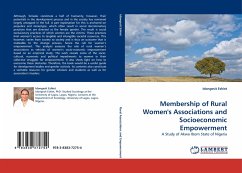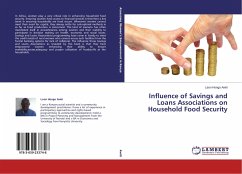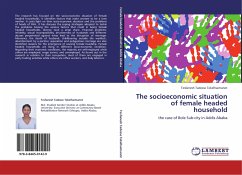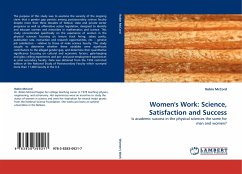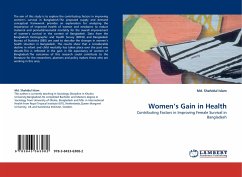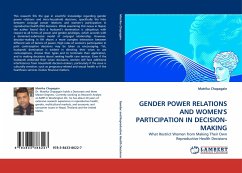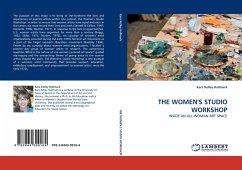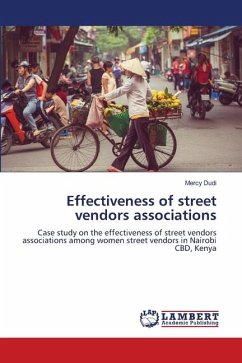Although, females constitute a half of humanity, however, their potentials in the development process and in the society has remained largely untapped in the full. A part explanation for this is anchored on prejudice and stereotype, which often result in social discriminatory practices that are directed at the female gender. The result is social exclusionary practices of which women are the victims. These practices limit women's access to tangible and intangible societal resources. This however, varies from society to society and is thus an outcome that is malleable to the change process, hence the call for women's empowerment. This analysis assesses the role of rural women's associations as vehicles of women's socio-economic empowerment based on an empirical study. The work reveals some of the socio-cultural, economic and political impediments to women in their collective struggles for empowerment. It also sheds light on how to overcome these obstacles. Therefore, the book wouldbe a useful guide for development bodies and gender activists. Its contents also constitute a veritable resource for gender scholars and students as well as for association's leaders.

